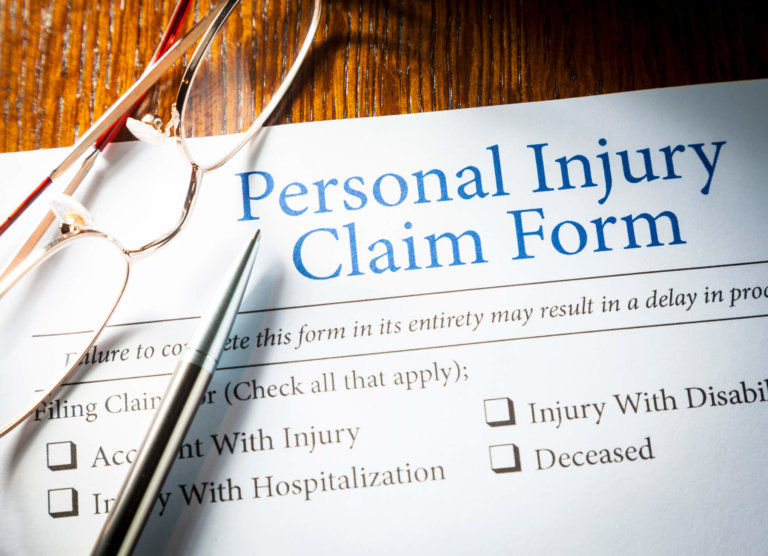New York law does not force you to hire a lawyer to handle your personal injury case, but it can be a wise decision to do so. Economic factors and tactical considerations can impact your financial recovery. Here are a few of the many reasons why you might want a New York personal injury attorney to go after the responsible party for your losses.
Economic Reasons to Work with a Personal Injury Lawyer
At first blush, you might think that you will lose money working with a lawyer because the attorney will get to keep a portion of the insurance settlement or court award, but these reasons show that the opposite can be true:
- Usually, attorneys only agree to represent a client in a personal injury claim if the lawyer determines that there is an extremely high likelihood of winning the case. The lawyer will not get paid if you do not win compensation, so lawyers have no reason to take a case they do not expect to win.
- Personal injury lawyers have to invest a great deal of overhead and expenses into these cases. They have to pay their rent, staff, and other costs of doing business plus advance the litigation expenses until the claim gets resolved. To recoup the investment of these expenses plus the attorney’s time and work, a lawyer must be confident not only that he will win the case, but that the settlement or court award will be adequate to pay for all of those items out of the lawyer’s portion of the winnings.
- Because lawyers get paid by a contingent fee in personal injury cases, which means that they get a percentage of the compensation won, a lawyer has a financial motivation to get the maximum settlement amount possible for clients instead of accepting lowball offers. Contingent fees are a win-win situation. The higher the settlement or award, the more money for the client and the lawyer.
A Personal Injury Lawyer Can Protect You from Insurance Company Tactics
Although the person who injured you is the defendant, that person’s liability insurance carrier is typically the one who defends, negotiates, and pays the claim. Insurance companies make their profits by paying as little as possible to injured people. Here are a few of the many techniques an insurance adjuster might use to devalue or deny your claim:
Trick you into missing the deadline
If you try to handle your personal injury claim on your own, without a lawyer, the insurer might drag out the investigation or the negotiations. He might lead you to believe that he is acting in good faith and will pay you a fair amount for your injuries. One day, however, the adjuster “ghosts.” He stops returning your telephone calls and emails. You then receive a letter from the insurer that the statute of limitations expired, so they have no legal obligation to pay you any money.
Lowball Offers
Unless you have years of experience handling similar injury cases, you are unlikely to know the settlement value of your case. Every injury claim is unique, so the amount that your best friend received for his car accident, for example, has no relevance to how much you should get for your injuries. Insurers know this fact, and they get away with paying hurt people far less than they deserve.
These are but a few examples of why it can be well worth it to hire a New York personal injury attorney to handle your claim. Contact us today for a free consult.

